Six months after its soft opening, Colorado-based Carboy Winery is gearing up to officially debut its fourth location in Palisade, Colorado with a pair of events that will showcase renovations, features and its newest ventures.
Beginning Saturday, April 24, with “Barrel into Spring” and ending with its second “Sip into Spring” event on Saturday, April 30, Carboy’s Grand Opening will be a week-long affair with specials, festivities, and promotions.
Carboy Winery, which began in 2015 by making wine from regions outside the state before pivoting and partnering with local growers and showcase Colorado viticulture, acquired Garfield Estate Winery & Vineyard in 2021. Its other three locations are in Denver, Breckenridge and Littleton.
After the acquisition, they renovated the tasting room and estate house and constructed a new 4,000 square-foot production facility that will focus solely on making Colorado sparkling wine.
“We are so excited to showcase the new space and share our vision with everyone in the Grand Valley and Mesa county,” Carboy CEO Kevin Webber said.
The three-story winery includes a standing tasting bar and retail space on the ground level, seated spaces for elevated tastings on the second level, and a rooftop patio overlooking the estate vineyards and provide a venue for wine club events and chef dinners.
Similar to Carboy’s three other locations, the tasting room will feature wine taps that pour their wines from stainless steel brite tanks.
The new production facility next door has been equipped with three state-of-the-art Charmat tanks, plans to add three more by the end of the year are already in place.
The Charmat method is a sparkling winemaking process that undergoes a secondary fermentation in stainless steel pressure tanks to trap bubbles, a method used to make Italian Prosecco.
The process typically takes two to six weeks (shorter than the traditional method). Because these wines are bottled without aging, they have a fresh fruit-forward character making it ideal for wines made from aromatic grape varieties like the ones Colorado is becoming known for, Carboy said.
Additional sustainability efforts appear both here and in the vineyards with the implementation of a greywater recycling system and a mix of irrigation modalities designed to reduce water consumption.
“As we continue to grow, we’re putting an increased focus on sustainability and investing in a blend of approaches across all operations and supply chains,” Webber said.

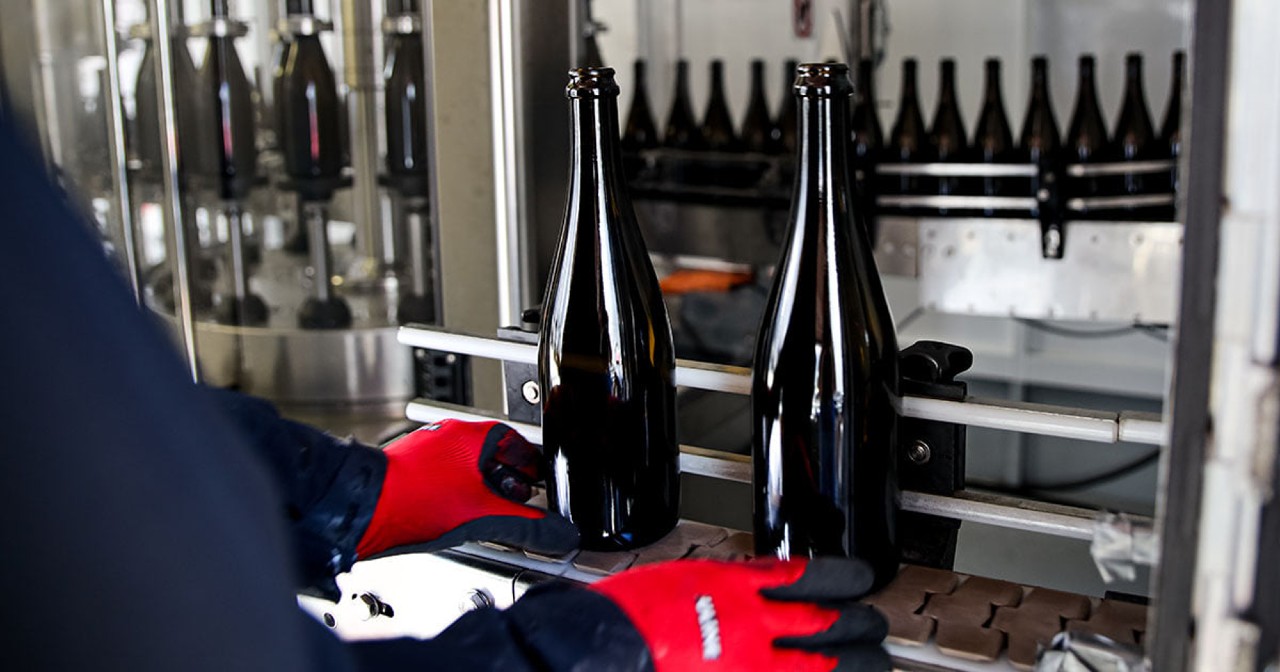
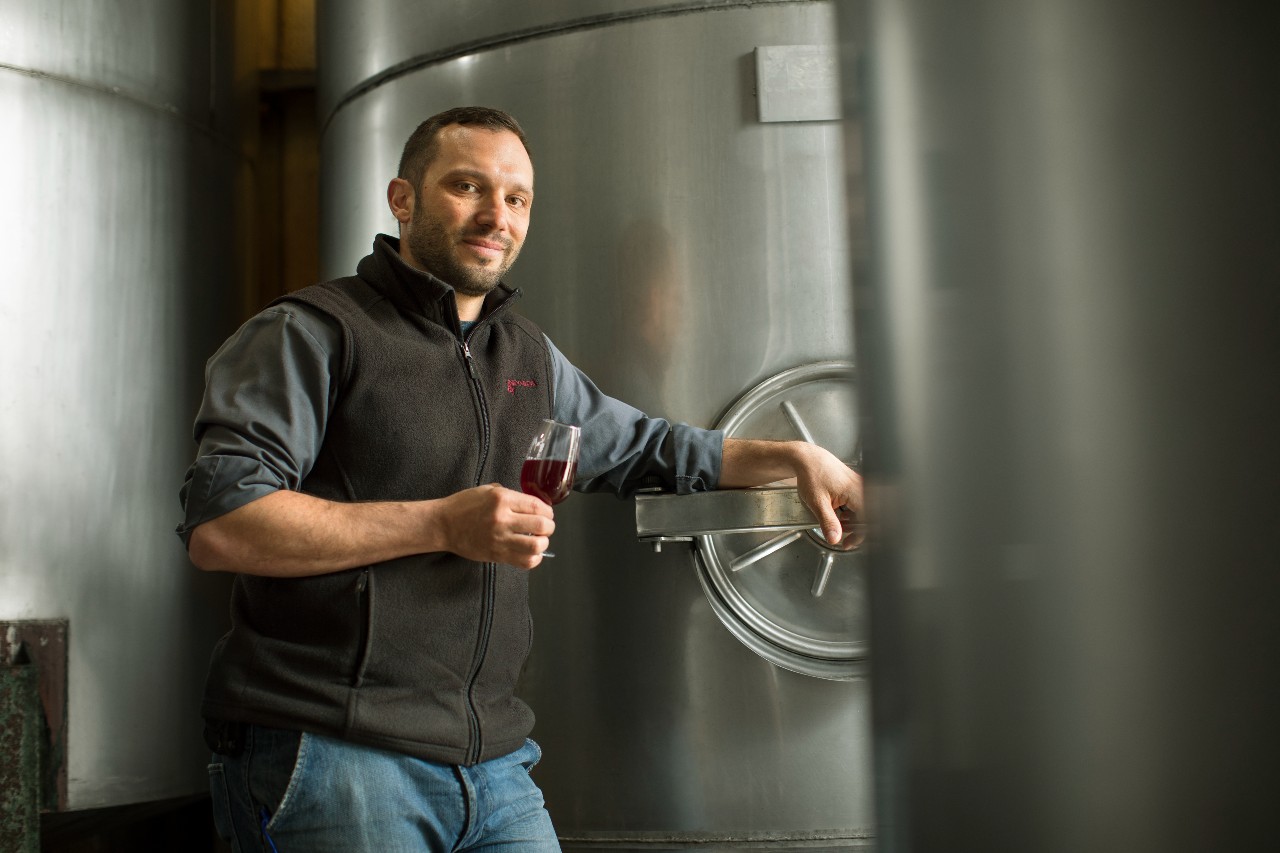
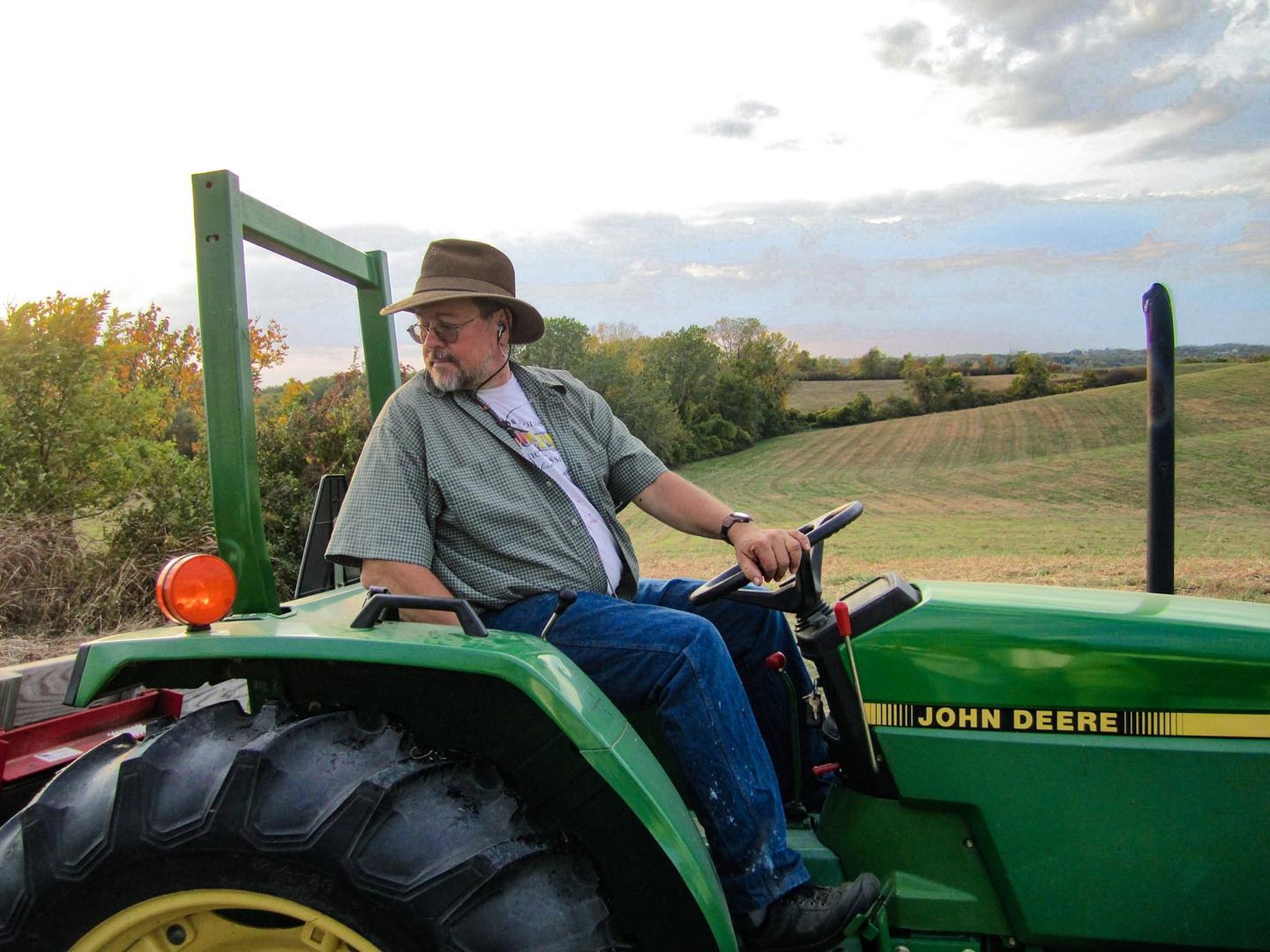
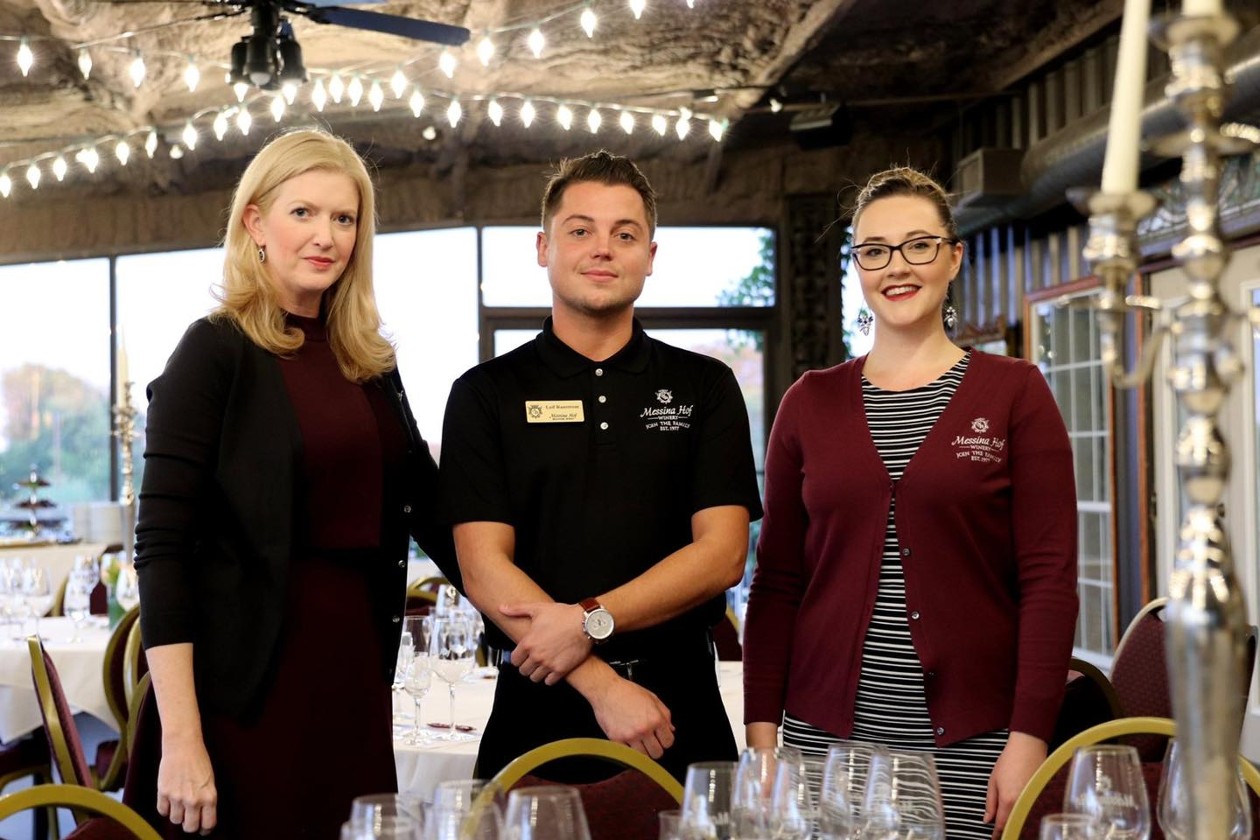
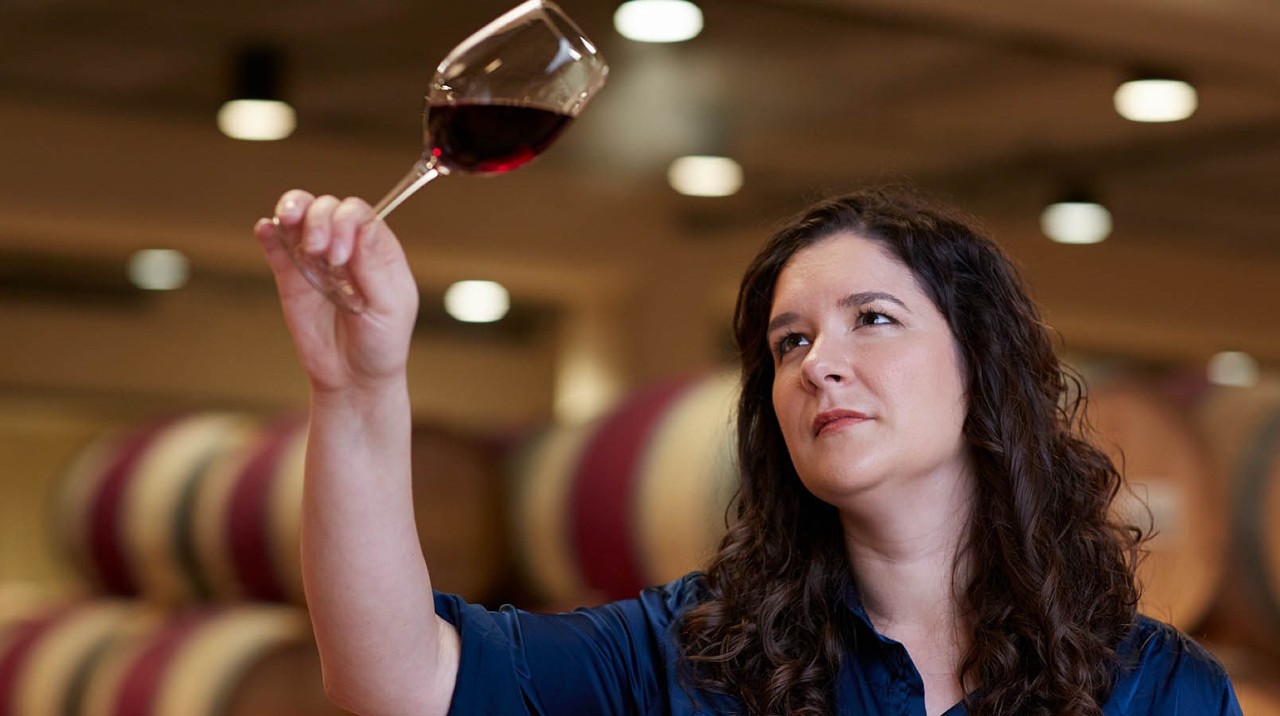


Be the first to comment